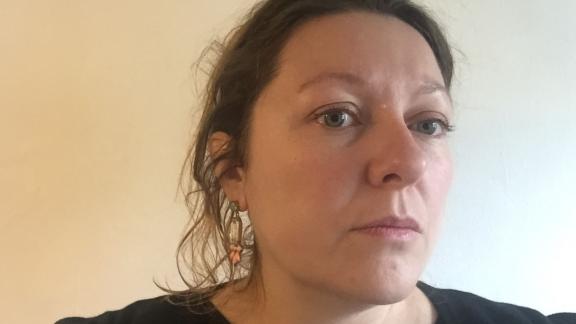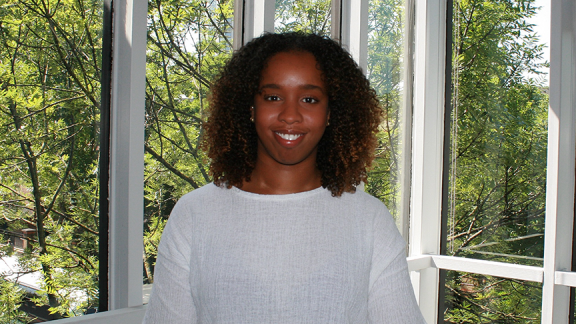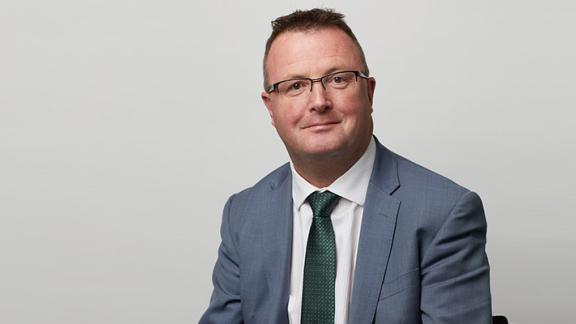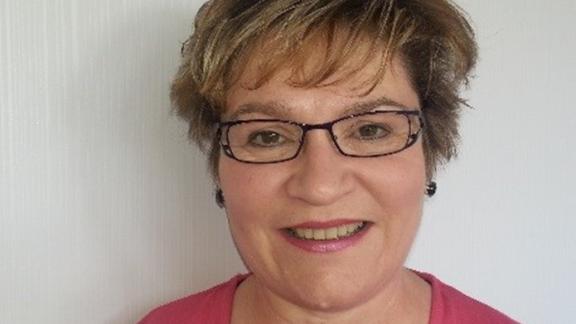Housing, health and care need a step change to improve mental health
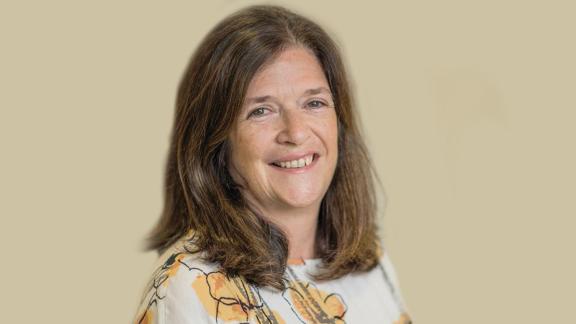
The housing sector has the skills and experience to work alongside the NHS and care sector to tackle its greatest challenges, says Rachael Byrne of integrated housing, health, and care provider Home Group.
Before COVID-19 put a hold on large-scale events, I visited the NHS Confederation conference in Manchester to talk about the role of housing in supporting our healthcare system.
What struck me most was the nervousness from NHS colleagues about the housing sector’s capability to deal with some of the care needs they are faced with every day, particularly when it came to mental health.
What’s needed is a real shift from all partners, demonstrating that housing is no longer an add on
I feel strongly that housing providers who specialise in these areas have really demonstrated over the past three years that we are integrating; we’ve invested in property, in our colleague offer, and a very strong clinical infrastructure.
What’s needed is a real shift from all partners, demonstrating that housing is no longer an add on. Without it, the relationship and opportunity between health, care and housing will forever be at arm’s length.
Understanding NHS challenges
The role of the housing sector, as I see it, is to understand the challenges facing the NHS today and in the future - it’s part of the job. Our strengths lie in our ability to adapt to different situations and different requirements, whether it’s before, during or after admission to hospital.
For example, Tees, Esk and Wear Valleys NHS Foundation Trust had seen delays in discharge due to accommodation issues and the need for support to manage in the community. There was also an increased demand for specialist crisis services from patients whose crisis could have been prevented had alternative strategies been in place.
Through practical and emotional housing support for patients, both in a ward-based setting and in the community after discharge, Home Group and NHS staff collaborated across four acute wards within Roseberry Park Hospital in Middlesbrough, as well as in the rehabilitation wards at Lustrum Vale, forming part of the discharge planning process.
This collaboration resulted in 152 patients being accepted into the discharge service at Teesside, with 117 (77 per cent) supported back into the community. In the first nine months, the average duration of stay reduced by a total of 73 days per person.
In Reading, partnership working is ensuring vacant accommodation, rather than local hotels, is being used to support patients who are medically fit to leave hospital, but need a bit more support before they can return home.
For mental health, each part of the pathway must link together and allow patients to move between different services as needs change
It’s approaches and outcomes like these that highlight the impact housing can make if we take the time to understand and shape our offer around the needs of the NHS. I have no concerns that we have the right skills in place, but it’s critical that those skills are used in the right way.
The mental health pathway
For mental health, each part of the pathway must link together and allow patients to move between different services as needs change. This ease of access is critical in preventing further escalation of symptoms and reducing admissions to secondary care.
From preventative measures, such as wellbeing services, housing support and social prescribing, through to step-down measures designed to help people transition back into the community, working with the housing sector can support people with the most complex needs to live in their own homes, close to family and friends.
The next time I attend an NHS conference, whether in person or virtually, I’m hopeful that housing is front and centre, and that we will be demonstrating with confidence what we can offer and the role we can play in hospital wards and communities across England.
But more than confidence in our skills, it’s a confidence in collaboration that I’d like to see.
With the fallout from COVID-19 still yet to be fully understood, now more than ever, housing and healthcare need to move from arm’s length to working together to support the nation’s mental health.
Rachael Byrne is the executive director of models of care and clinical support at Home Group.
You can follow Rachel on Twitter @byrnerae
